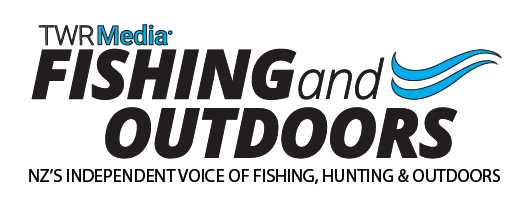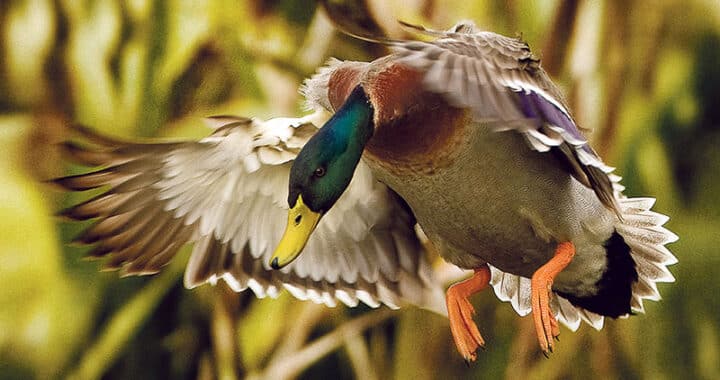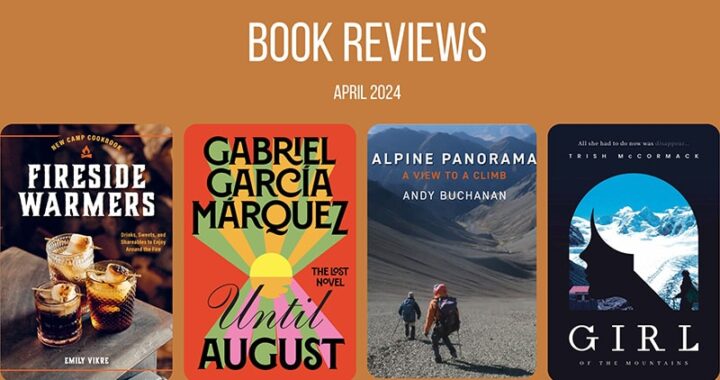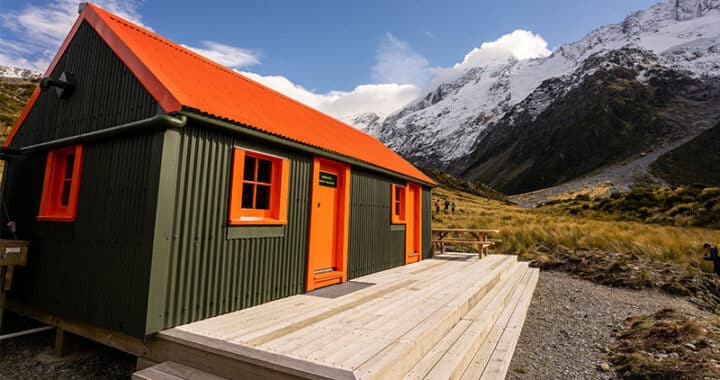New hunting competition targets wild goats
3 min read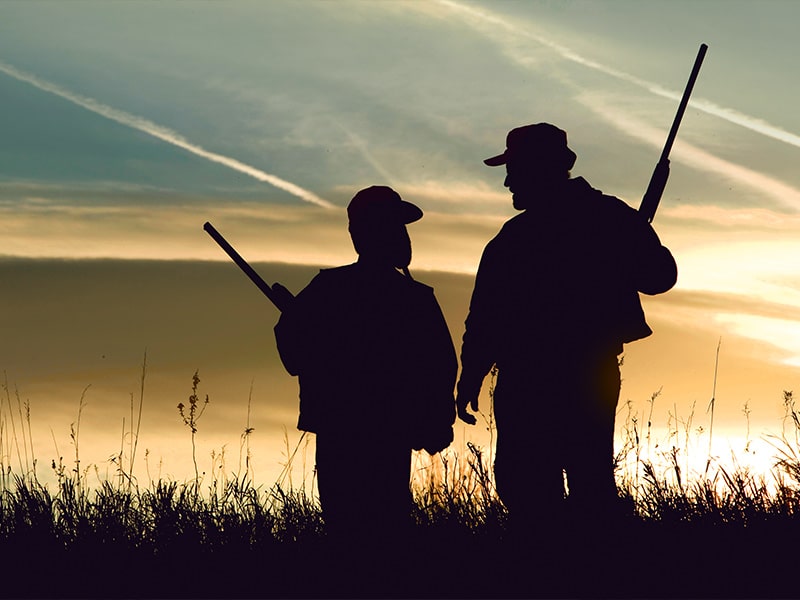
DOC and NZDA have partnered to run the national competition. Photo: Adobe Stock
Hunters across Aotearoa will be able to participate in the National Wild Goat Hunting Competition, a joint initiative by the Department of Conservation (DOC) and New Zealand Deerstalkers Association (NZDA).
The competition kicked off on 1 August and will continue until 26 November 2023 and aims to reduce the population of wild goats and is being termed a “win-win” for both hunters and conservation.
Highlighting the impact of wild goats, Ben Reddiex, DOC’s national programmes director, said increased hunter efforts will reduce the damage wild goats can cause to native plants and alpine and forest ecosystems.
“High densities of wild goats cause significant damage to New Zealand’s native plants and habitats. They are becoming widespread, with significant numbers in some places.”
With many hunters starting out their careers by shooting wild goats, NZDA national vice president Callum Sheridan said recreational hunters will enjoy the competition.
“Hunters spend a lot of time in New Zealand’s remote areas and are passionate about conservation. Many contribute to maintaining trap lines to protect our native species like whio and kea.”
Reddiex added that the issue is wider than just on conservation land: “Wild goats are also a problem for many private landowners, damaging and destroying fences, pasture, new trees, and native plantings.”
The competition has also garnered support from Federated Farmers of NZ and retailer Hunting and Fishing NZ.
“I encourage farmers to have a positive conversation with those seeking to hunt on their land,” said Federated Farmers national board spokesperson Richard McIntyre.
“Let’s welcome hunters onto our farms and foster ongoing relationships that could reap benefits to hunters and farmers alike for years to come. I’m a keen hunter myself – as are many farmers.”
While goats are not classed as game animals, such as wild deer, pigs, tahr, and chamois, they are still a valuable resource for food and developing hunting skills, said Sheridan.
The National Wild Goat Hunting Competition is free to enter, and participants do not need to register. Hunters will have the opportunity to win prizes worth more than $50,000 donated by the hunting and outdoor sector.
NZDA will facilitate ‘Goat Competition Hubs’ nationwide, offering local competitors a chance to attend venue open days to lodge their tails and score their horns.
“There’s no question that managing wild goat numbers is essential for restoring and maintaining the health of our whenua and ngahere,” said Chris Sharland, from Hunting and Fishing NZ Ltd – competition supporter and founding sponsor.
“If we can symbiotically put food on the table, enjoy the outdoors, and promote hunter-led conservation, then everyone wins.”
Wild goats are found in both the North and South Island, occupying a diverse range of habitats, from sea level to alpine zone, living in introduced and native grasslands, scrub, and forest. Concentrations of goats can be found in Taranaki, Hawke’s Bay, Marlborough, and Otago. Hunters interested in entering the competition must abide by all the rules and will be able to participate with permission from the landowner or local authority.
For more information, visit doc.govt.nz.
